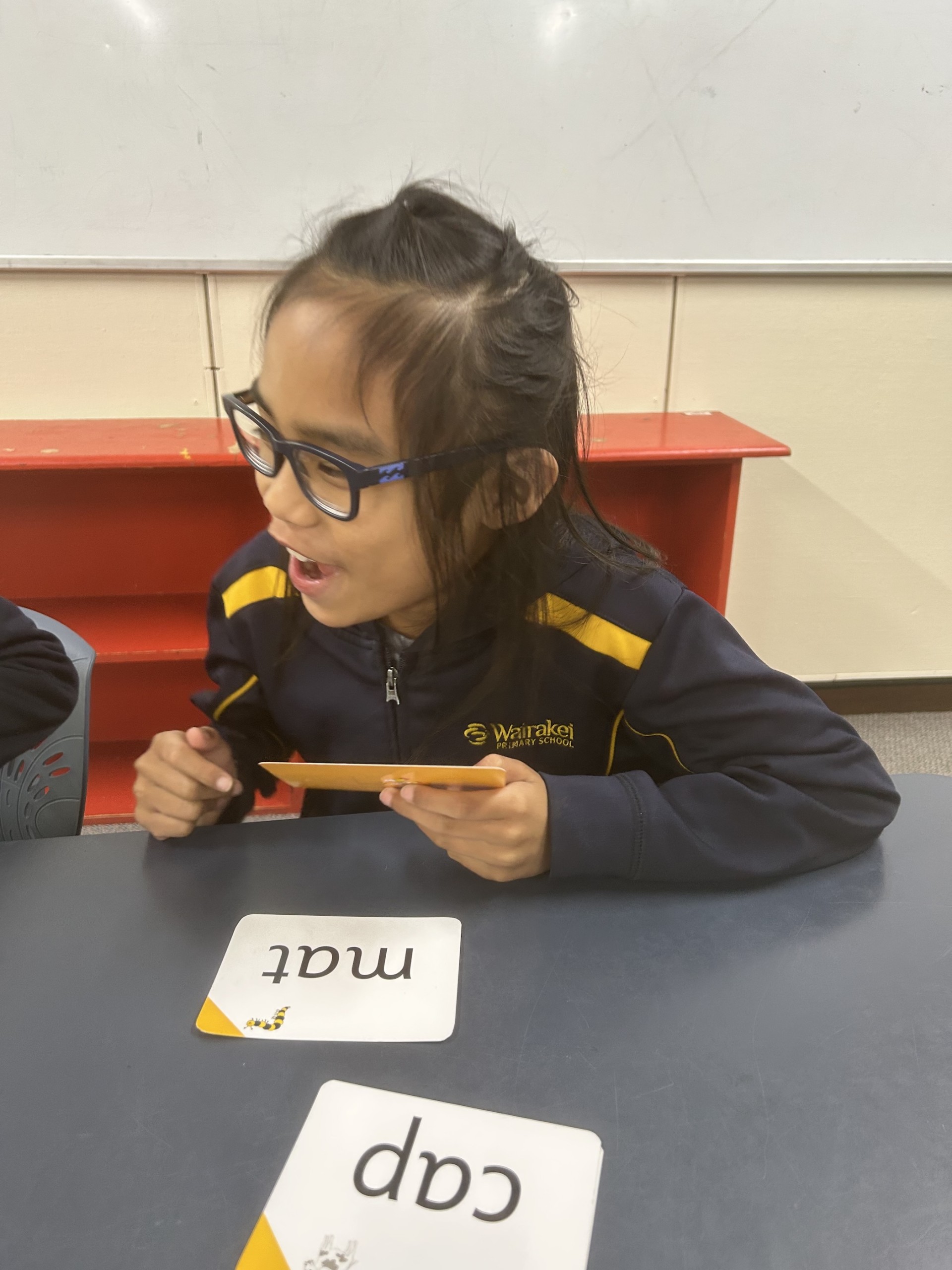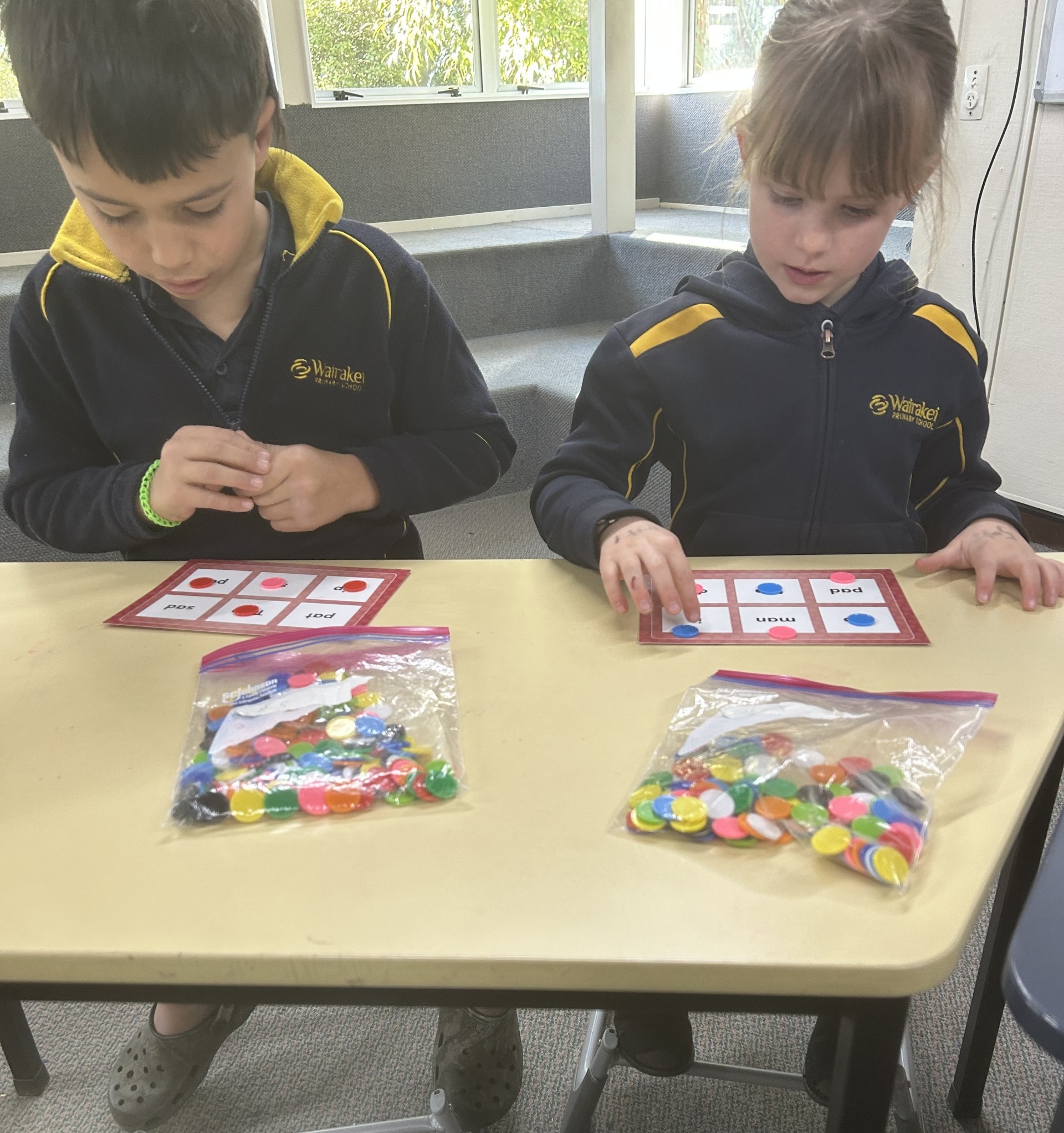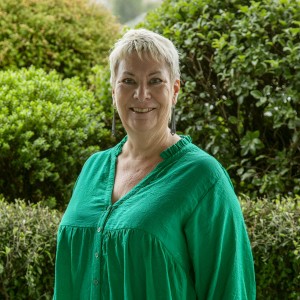Reading is a passport to countless adventures.
It’s not just about sounding out tricky words or spelling them correctly - it’s about students seeing themselves as capable, curious learners. When students feel confident, they take braver steps not only in learning but also in life.
In pull-out groups, the Better Start Literacy Approach (BSLA) is helping students grow that spark. Through decoding (working out words) and encoding (spelling them out), students are discovering that literacy isn’t about being perfect - it’s about being bold enough to give it a go.
Students are turning into word detectives. Joshua explained, “If you write ‘rid’ and you write ‘e’ at the end, it is ‘ride’.” Rylen reminded us, “There is no ‘e’ at the end of short vowel sounds.” And Rylan added with confidence, “The ‘e’ (in hope) makes the ‘o’ a long sound.”
It’s amazing to see their thinking click into place. Luca smiled and said, “I’m happy because I’m getting faster.” Phenix proudly shared, “I’m writing faster.” These aren’t just skills - they’re moments of pride, where students begin to see themselves as successful learners.
Learning here is hands-on, playful, and full of energy. Students hunt for letters, sing songs, and even twist their bodies into letter shapes.
A favourite tip that helps with confusing the letters b and d: students press their fists together with thumbs up—the left hand makes a b and the right hand makes a d. Flip the fists upside down, and suddenly you’ve got p and q. It’s simple, memorable, and it sticks.
Games are also a highlight. Grab is always a crowd-pleaser: students are dealt word cards with an animal and colour in the corner. If two cards match, someone can “grab” the other - but only if they can read the word first! This game is fast, fun, speeds up blending, and builds automatic word recognition in an exciting way.
Family plays a huge part in this journey. When students practise at home, they don’t just build skills - they build belief in themselves.
Rylen proudly shared, “I read every night with Dad, and I read my sister’s stories.” Brodie told us, “I read a poem every night.” And Joshua added, “I read a chapter every night in my chapter book.”
These little routines matter. They create an environment where reading feels natural, safe, and joyful. Bit by bit, students see themselves as real readers who are ready to take risks, try new words, and celebrate progress.






Comments
No one has commented on this post yet.